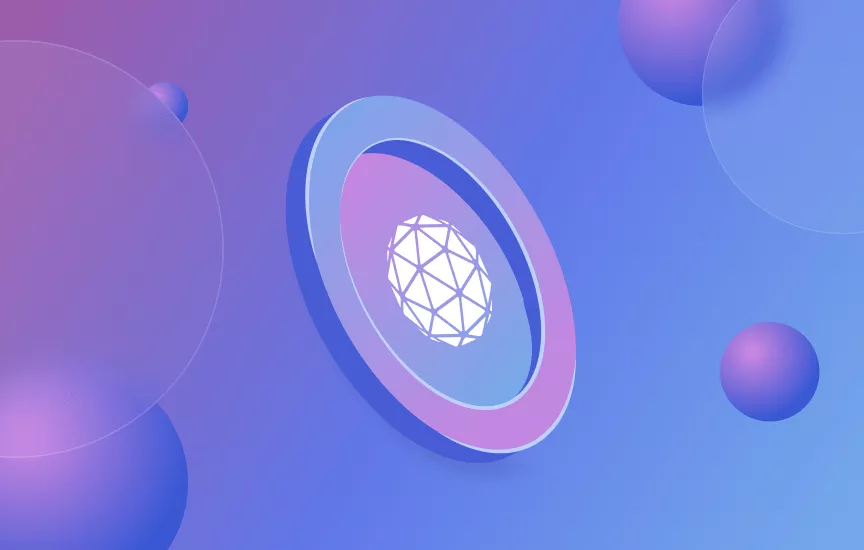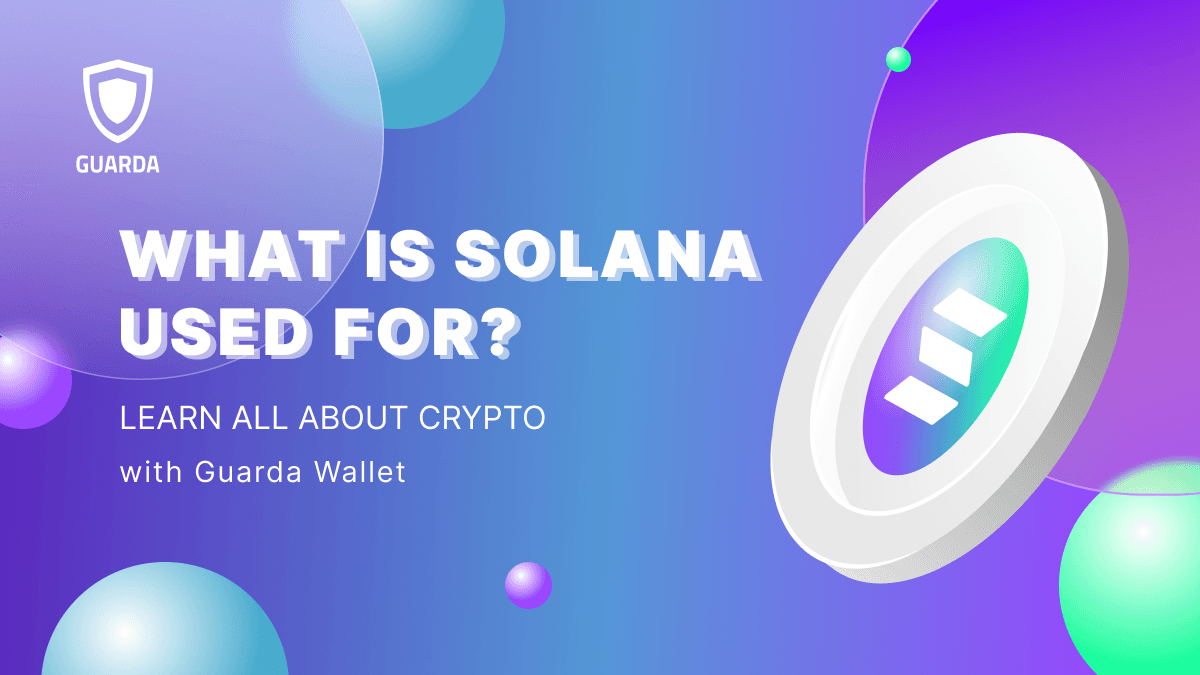Orbs is a public blockchain infrastructure from Israel that launched in March 2019. It is designed to allow businesses to adopt blockchain technology into their sphere easily.
It includes a complete blockchain stack and codebase. This allows an end-to-end developer experience covering everything needed to create and execute blockchain applications.
What Is Orbs?
Orbs is a public blockchain platform that enables smart contracts and works in conjunction with the Ethereum protocol. The combination of Orbs and Ethereum provides dApps in the marketplace with the simultaneous benefits of both chains, protecting volatility, low fees, scalability, and connectivity to the transaction backbone.
The developed platform is focused on large-scale applications and includes a complete blockchain architecture. Orbs is a modular, open, and comprehensive provider that integrates realistic technology solutions for corporations and other large-scale consumer applications.
Founders of the Orbs Network
Thanks to the strength of the four who contributed to developing this unique system, much of the credit goes to the following names: Daniel Peled, Tal Kol, Netta Korin, and Uriel Peled.
At Orbs, Daniel Peled is president. He is also the co-founder and CEO of PayKey, an Israeli financial company.
Tal Kol graduated from the Technion with a bachelor’s degree in computer science and engineering.
Before retraining as a hedge fund manager, Netta Korin started her career as an investment banker on Wall Street. Korin has a long and rich history of philanthropy.
Uriel Peled works as a consultant on various blockchain initiatives. Peled co-founded Visualead, an AR/VR company later bought by Alibaba, and then joined the Orbs team.
What Is ORBS Token?
The ORBS token was launched in April 2019 as an ERC-20 standard token and serves as a means to launch the Orbs protocol. The token is designed to pay the fees associated with application launches. It is an incentive system for decentralized and secure system validator elections. The token is the only payment method accepted on the platform.
What Makes Orbs Unique?
ORBS token holders delegate their voting rights to network security trustees. As such, trustees are well represented in the ecosystem through delegated participation and can vote for validators without following the protocol.
There are two main types of positions in the Orbs platform ecosystem: Delegates and Guardians. This includes seamless token transfer, and developer access within the ecosystem specifications, while users can use market liquidity.
How Does It Work?
The Orbs system is a blended blockchain hybrid through which businesses can develop all the applications they need. To this end, it has a complete blockchain stack and codebase that includes an end-to-end developer experience that covers everything required to develop and run blockchain applications. In addition, according to the Technology Overview white paper, it has the following features:
- Two-tiered hybrid consensus: Orbs is designed to bridge the gap between public and private blockchains because it has a permissionless infrastructure but allows applications with permissions.
- Virtual chains: All applications on Orbs run on their virtual chain and are, therefore, independent.
- Proof-of-stake (PoS) instead of proof-of-work (PoW): Although Orbs has a PoS consensus mechanism, it relies on Ethereum’s core PoW network to prevent foul play during validator voting.
- Helix consensus algorithm: This consensus protocol speeds up transaction validation. This is achieved by randomly selecting a fixed set of nodes for each block and then verifying them by consensus. Normal and verifiable randomness is achieved with proof-of-stakes (PoS), which provides scalability, fairness, and security.
- Polyglot smart contracts: In order to be competitive and accessible to as many businesses as possible, Orbs offers smart contracts in multiple languages, including JavaScript and Go.
- Commissions: Orbs wants to steer businesses away from the private blockchain with its offerings, but to be competitive, it needs to set similar fees. Commissions for public blockchains are high, and because of the general bidding market for limited resources, they are also unpredictable.
Standalone virtual Orbs chains for each application mean that personal computing resources are provided for each application, which means that fees are predictable and can be paid monthly. In addition, the dynamic allocation of resources across the virtual chain means that current resource volumes do not change as much, which means there is no shortage and the ability to keep rates low.
Orbs VM
Orbs VM services are implemented as Docker containers, then deployed on the Orbs network and run by network validators. Like AWS EC2 container services, DevOps require less effort because the orchestration process is automated. In addition, compared to AWS EC2, the protocol is fully transparent and decentralized, ensuring that it is implemented with a community of users, thanks to the dozens of independent network validators participating in the protocol.
Programming Languages
The Orbs virtual machine implements services in a wide range of programming languages. Thus, participants can use any familiar programming language, such as Go, C++, Rust, JavaScript, Python, and Java.
Improvement of Existing Smart Contracts
The Orbs VM project is not intended to replace existing L1 smart contracts. Instead, it is a helper application that allows developers to enrich their business logic with actions that a smart contract sandbox cannot perform without sacrificing decentralization.
Conclusion
Orbs blockchain technology refers to hybrid mixed blockchains. An example is the Orbs platform’s native token, ORBS, a standard ERC-20 token. According to it, delegation and voting procedures cooperate with Ethereum contracts and use Ethereum value as an objective auditor. This increases security because custodians and validators cannot manipulate the network or the voting process.



